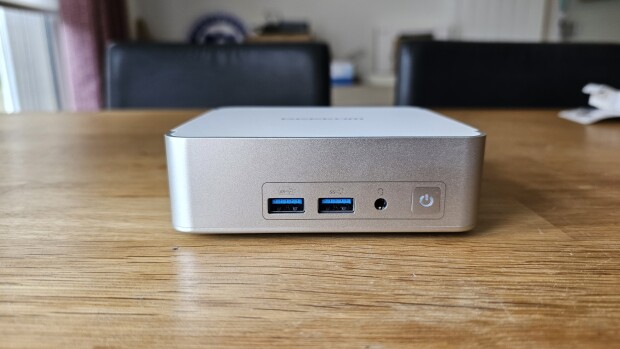
Last month, it was reported that a coalition of activist groups had sent letters to Microsoft, Amazon, and Google, petitioning that they do not sell facial recognition technologies to governments. They issued the letter on the basis that the technology would undermine people’s security and public trust. Now, Microsoft President Brad Smith has said withholding the technology would be “cruel”.
The activists who sent the letter believe that such technology can be employed by governments in order to target immigrants and people of color. However, Smith highlighted some positive uses such as the National Human Genome Research Institute who use facial recognition to improve the diagnosis of DiGeorge syndrome that affects Africans, Asians, and Latin Americans. He also said the technology was used in India to track down 5,000 missing children.
Speaking to Business Insider, Brad Smith said:
“I do not understand an argument that companies should avoid all licensing to any government agency for any purpose whatsoever. A sweeping ban on all government use clearly goes too far and risks being cruel in its humanitarian effect.”
With that said, he did err on the side of caution with regards to facial recognition, explaining that he’s worried about its use in countries that don’t respect human rights. Discussing Microsoft’s cautionary approach he said:
“There are certain uses of facial recognition that should cause concern and should cause everyone to proceed slowly and with caution. That's certainly what we're doing and we're very worried about situations where facial recognition technology could be used in a manner that would cause bias or discrimination.”
In June last year, it was reported that Microsoft has managed to improve its facial recognition system in order to better identify the gender of individuals with darker skin tones. After widening its training dataset it reduced error rates by 20 times for men and women with darker skin, and nine times for all women.
Source: Business Insider



















23 Comments - Add comment